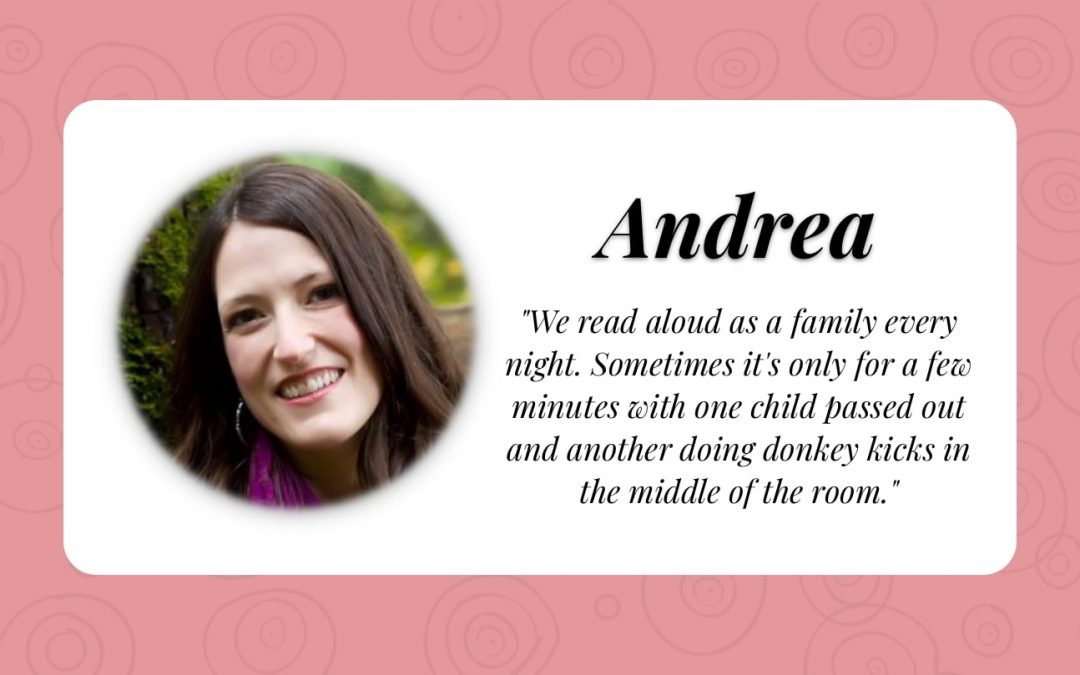
Parent Perspective: Andrea
Do You Really Care If I Read?
I have five beautifully challenging children. Two are diagnosed as “on the spectrum” with Sensory Processing Disorder (SPD) and Adult Defiance Disorder, two are diagnosed with ADHD, and the last is still yet to be seen. From early morning until late at night every task I ask of almost each child must be micromanaged if I would like to see it finished. I have learned a thing or two in the last 14 years of parenting these kiddos. First, I have to be selective of what I ask. Second, I have to be able to have the energy to follow up on every task that is required. And third? I’ve had to decide what is most important in these few short years I have to spend with these little humans I have the opportunity to guide into adult years.
Reading has been a love of mine since I was a small girl and something I love seeing my children do. As I have watched a few of them struggle with reading, either from a form of dyslexia or plain defiance for the sake of not doing what they have been asked to at school, my husband and I realized we needed to step in and help these children at home, too.
My second daughter suffers from a form of dyslexia where she mixes up the words, or sees part of a word and guesses what it is (sometimes to our humorous delight), or adds in extra letters that aren’t there. She is 12. But she has improved by leaps and bounds since we started one simple thing. We read aloud as a family every night. Sometimes it’s only for a few minutes with one child passed out and another doing donkey kicks in the middle of the room. But they look forward to the consistency of our family being together and reading together.
Rewind to January 2019. I am starting the process for the fourth time for our fourth child for an Individual Education Plan (IEP) with the principal, his teacher, two counselors and the school psychologist. All day kindergarten is not his dig. He is not progressing and thriving as kindergarteners should. As we begin the long process of working with counselors and plans to help him cope with school and his environment, COVID hits and schools shut down. Not wanting to have my sensory kids on screens all day, I pulled them out and started homeschooling them. All five.
Number four is still a challenge at home. He refuses to do things on our schedule and our way. In an effort to catch him when he is in the mood, I’ve had to be incredibly flexible and creative. Let me tell you, it has not been easy and there have been days when his stubbornness has won out. But I have not given up! I have had to look for things he is really interested in and use them as a reward for his reading. In our house, if you want screen time on the iPad, you have to walk on the treadmill at the same time. Sometimes, in the quiet of the early morning, when it’s just me and him, he will gladly do his reading and math for the chance to be the first for screen time on the treadmill.
On other days, things start in a whirlwind with older brother creating havoc until he is fed and medicated and becomes verbal. So, these days have to be a little more creative. Sometimes he is ok with reading on the couch while everyone else is at the table. Sometimes we go back to my room and read. Just last week I followed him around, periodically asking to read for a half hour before he climbed into the climbing tree and looked at me with a smug face. Needless to say, he was a bit surprised when I handed him the reading book and climbed up into the tree with him! At that point, I had reached that subconscious part of his brain that satisfied his need to know that I really cared about him and his reading. After a few minutes of sitting on a knobby tree limb, he decided that the hammock was just as good and more comfortable. This week? The hammock has been the reading place of choice. Next week? We shall see! Maybe reading to our pet cat will do the job.
Thanks, Andrea
I met Andrea a few years ago when our little cuties attended preschool together and was instantly impressed by her. Her smile is both stunning and inviting. She is adventurous and super talented with a needle and thread. Her energy, creativity, and resourcefulness are a boon in her role as mother to special needs children. Her kids range from 5 to 14 years old. Andrea, thank you for reminding us that persistence pays off!
Tawny Ember


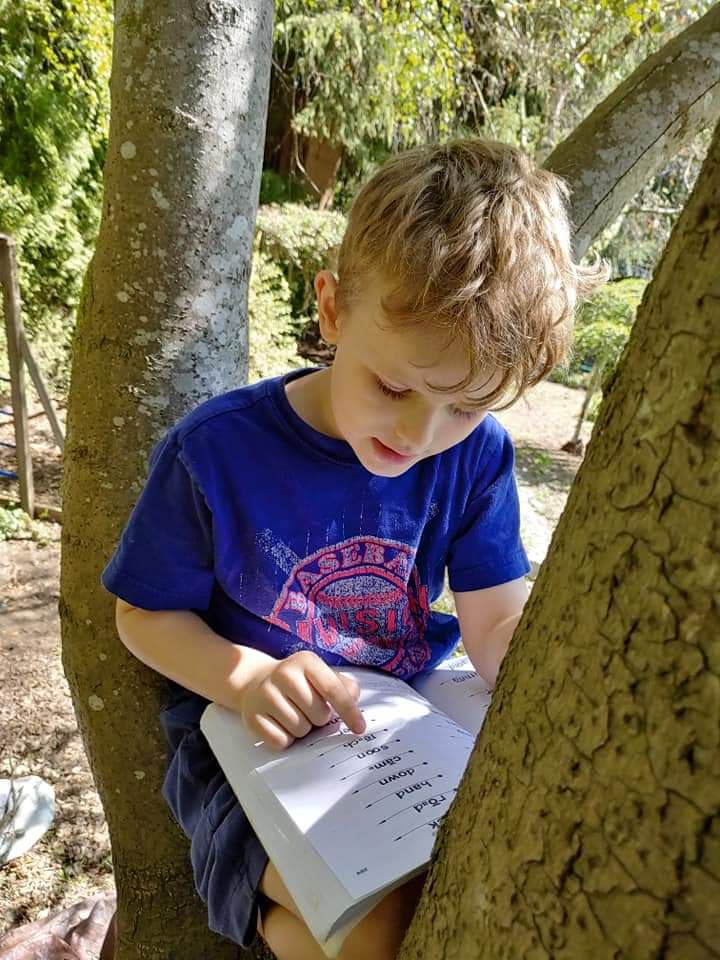


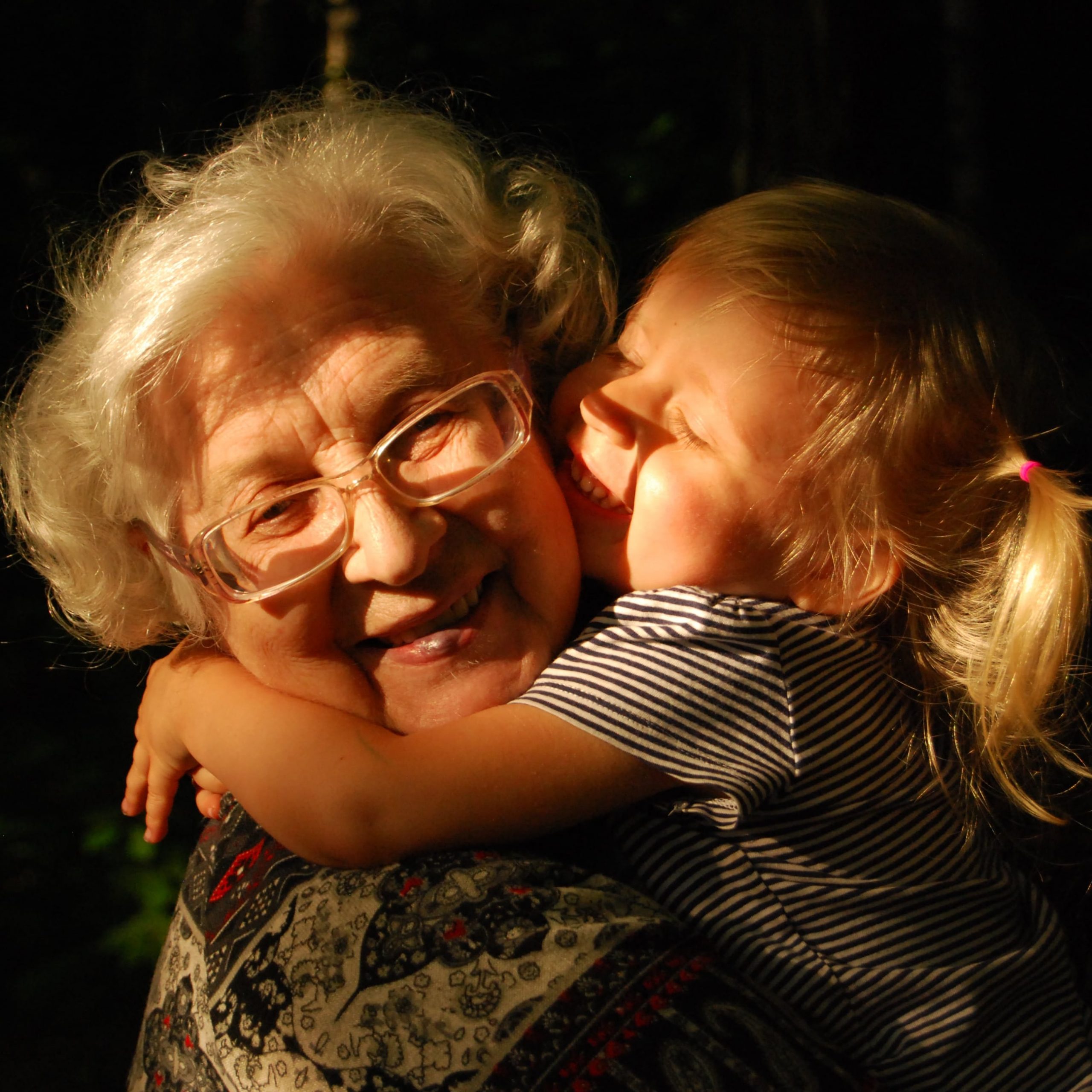
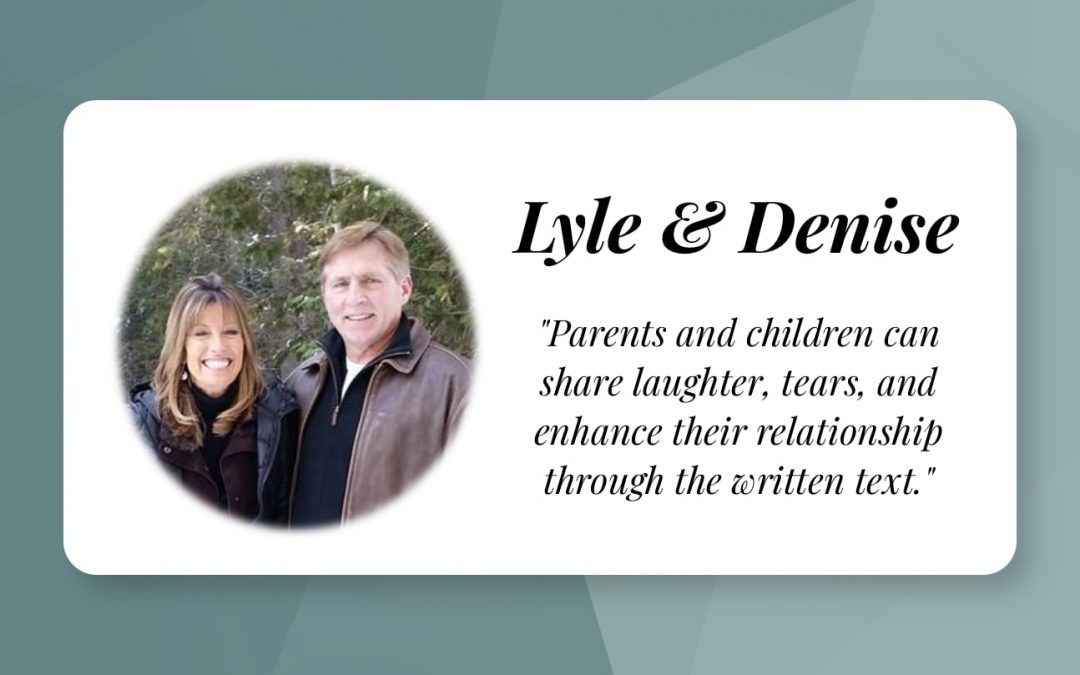



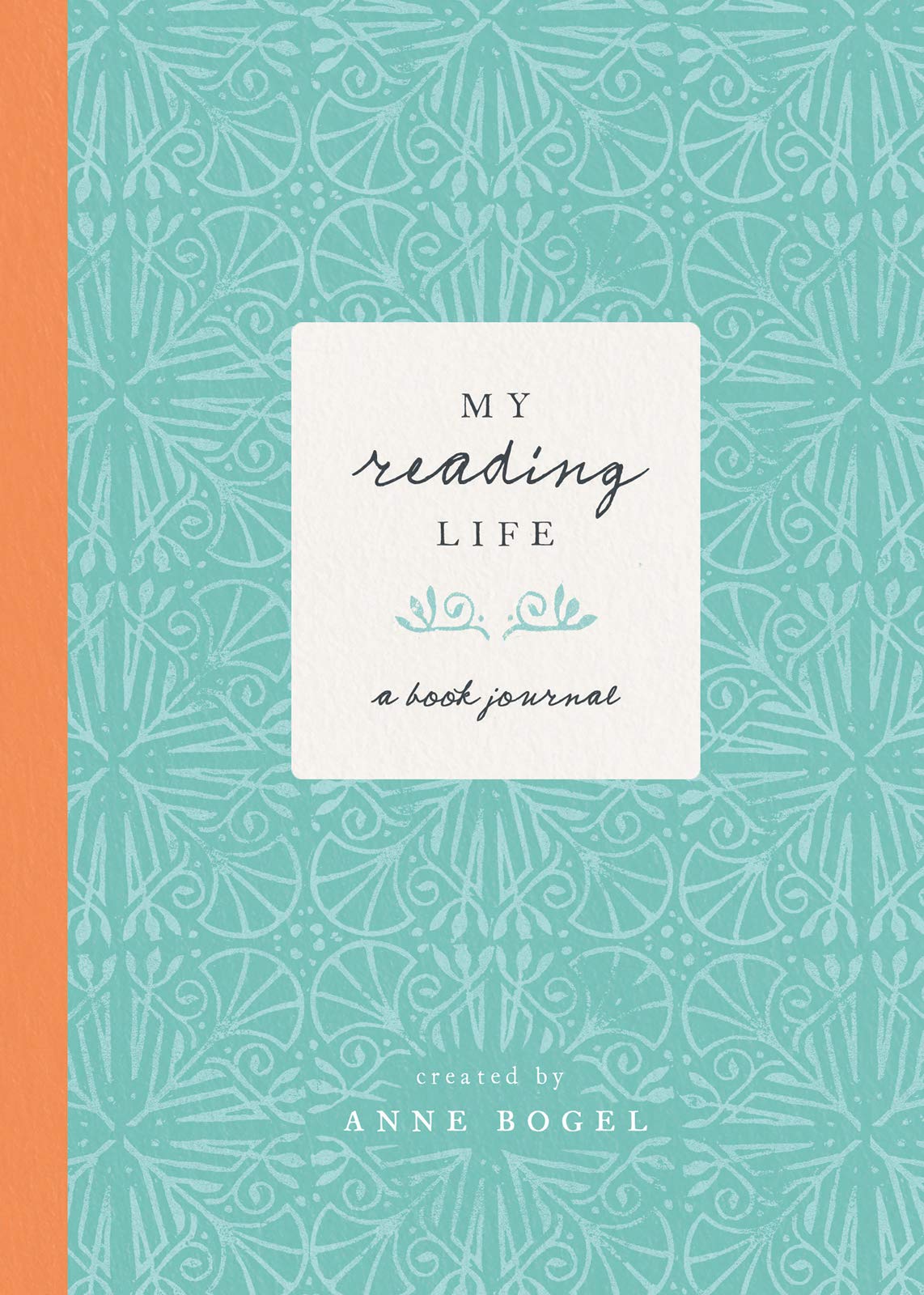

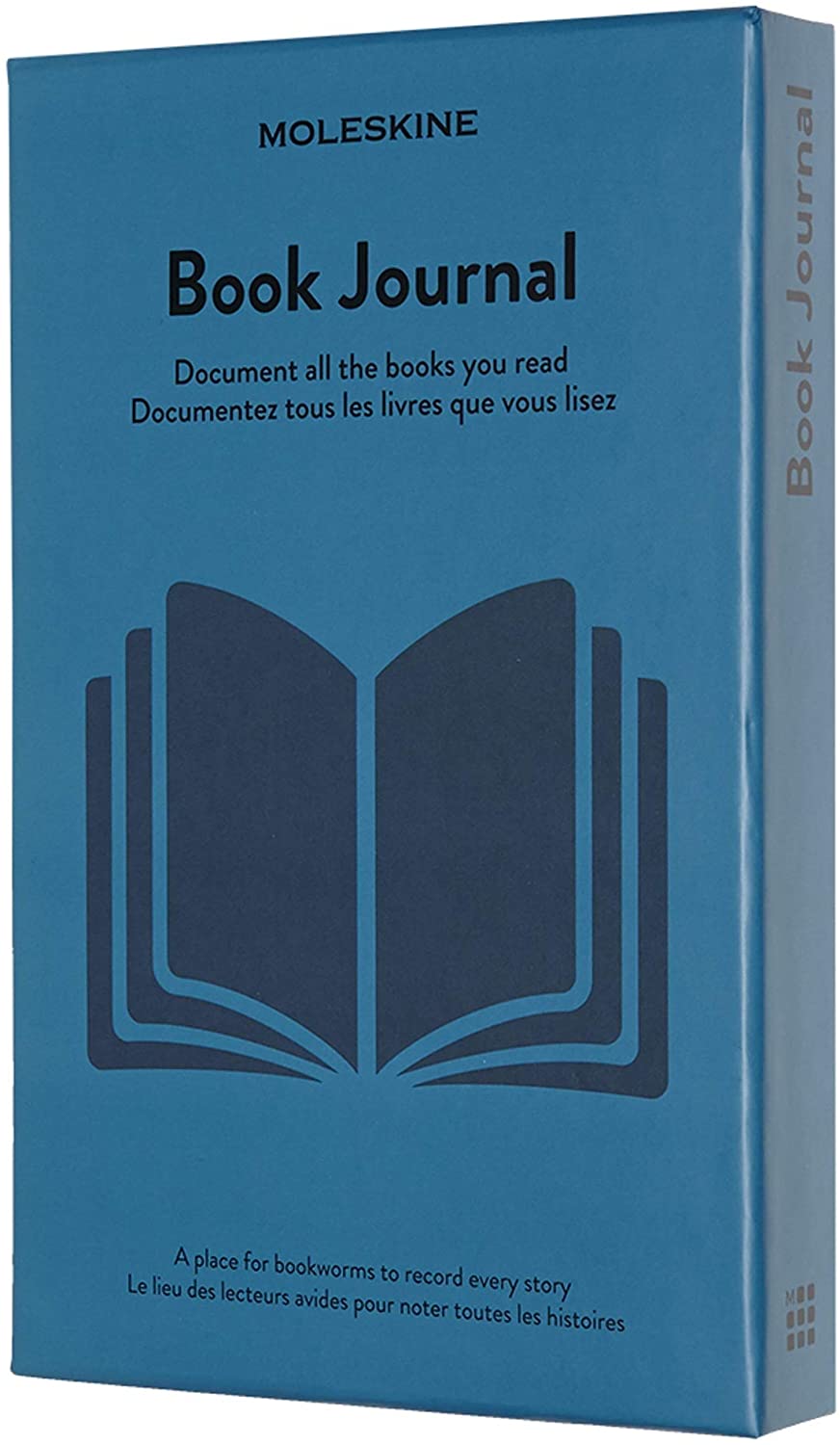


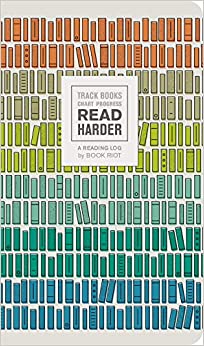

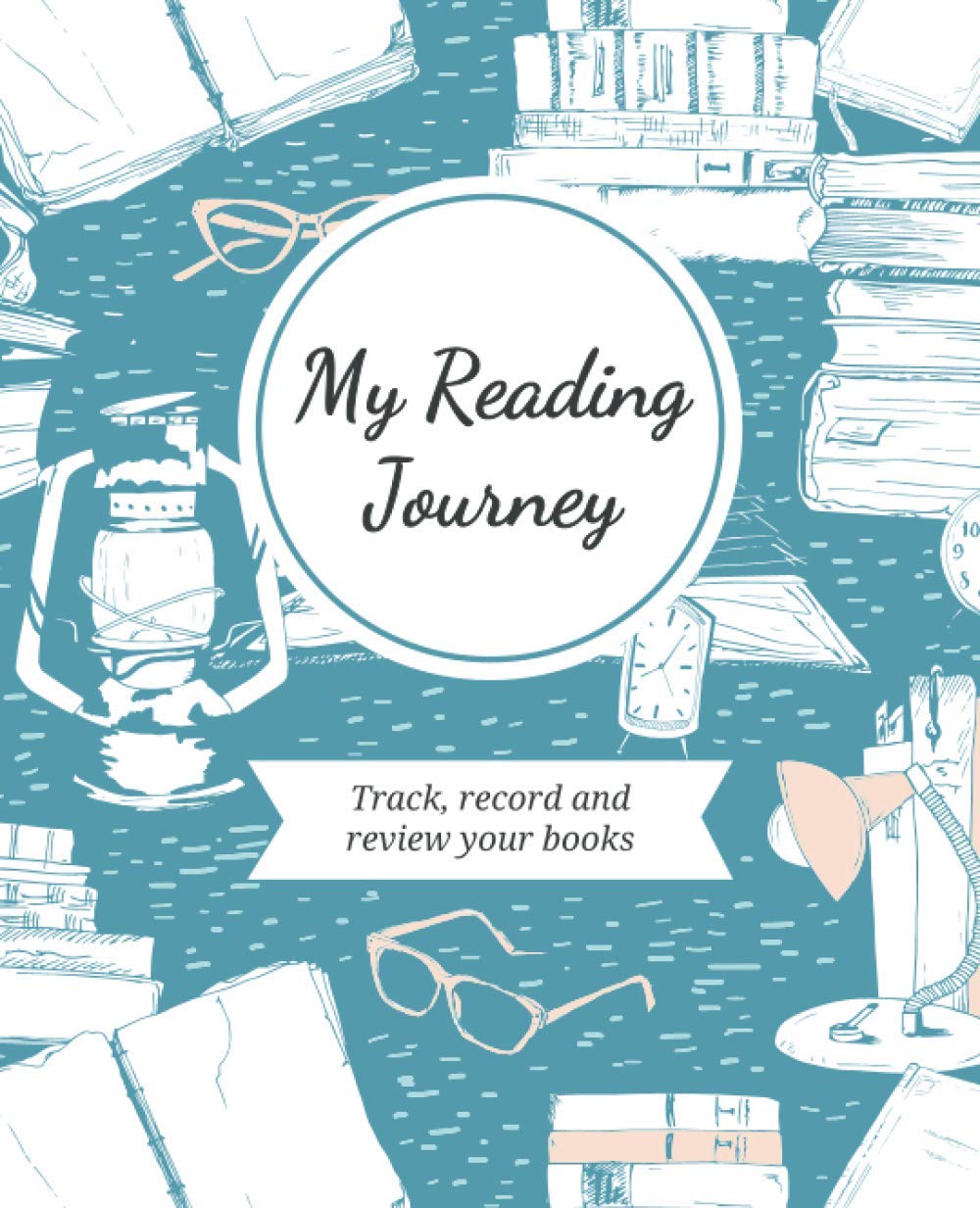
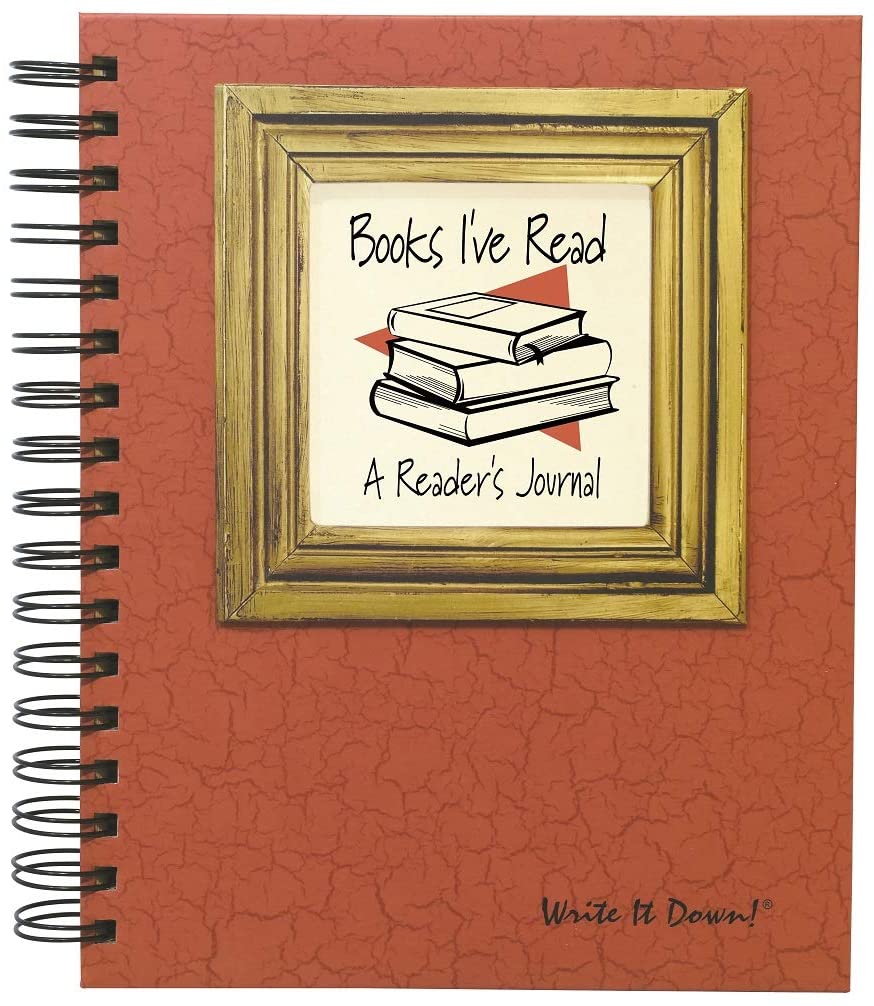
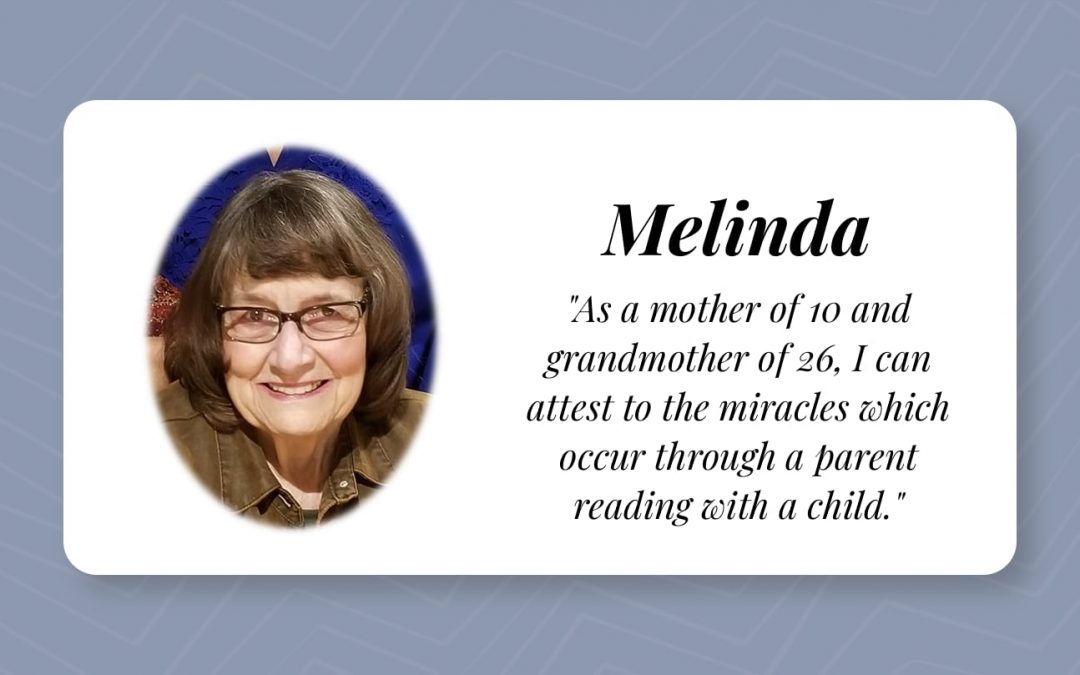

Recent Comments